Despite tensions in the region, 25,000 people from 100 countries are attending the 2015 Water Technology and Environment Control Exhibition (WATEC) conference held in Tel Aviv this week, one of the largest water technology events in the world, featuring 150 exhibitors and dozens of speakers.
SEE ALSO: Israelis Helping California Overcome Devastating Drought
According to the UN, 1.2 billion people (almost one-fifth of the world’s population) live in areas where water is scarce, and another 500 million people are nearing this situation. This pressing issue is met at WATEC this week with a host of Israeli solutions, from seawater desalination and water conservation, to grey water recycling and wastewater treatment. Other pressing issues on the agenda include drip irrigation (an agricultural technology developed and perfected in Israel primarily by Netafim) and water purification.
Many WATEC attendees are looking to bring such solutions to their countries. And so is Mark LeChevallier, director of innovation and environmental stewardship for American Water, one of America’s largest publicly traded water utility companies. His company is “looking into the Israeli water companies and water-related technologies, trying to find the next big thing and import it to the US,” says LeChevallier, who’s currently meeting with Israeli entrepreneurs at WATEC in order to find projects to collaborate with.
Nuno Fragoso and Angeles Ramos, executives at Spanish engineering firm EPTISA who are attending the conference, tell NoCamels they’re looking for water technologies to be used in arid areas of Southern Spain, but not only. “We have projects all around the world, we can help Israeli companies expand into Latin America,” Fragoso says. Angeles says EPTISA is looking “to form a consortium of strong companies that can solve water shortages. I believe Israel can provide these solutions.”
SEE ALSO: TaKaDu’s Water-Saving Technology Saves Australia Millions Of Dollars
Chinese executive Yanhua Ca of Umore Consulting Group, says she has brought three of her clients – large, Chinese manufacturers – to WATEC. “They’re looking for industrial wastewater solutions, specifically recycling and treatment technologies.”
Israel: A global leader in managing water resources
According to Israel’s Minister of Economy Aryeh Deri, who spoke at the conference, Israel is a “global leader in developing innovative and breakthrough technologies to manage scarce water resources.”
Since 50 percent of Israel is made up of desert – and with recurring droughts – over the years the Israeli government, scientists and companies have developed cutting-edge solutions to avoid water shortages. Now, most of Israel’s drinking water comes from desalination plants that are scattered around the country. “Israel has become an oasis of water technologies,” Deri told a mixed crowd of Israelis and internationals at a WATEC panel discussion on Tuesday.
Sign up for our free weekly newsletter
SubscribeAs retold at the conference, Israel used to rely on natural resources for its water, like the Sea of Galilee, but quickly discovered that “Galilee is really a pond,” as desalination expert Ron Yachini of IDE humorously put it, and that the Jordan River is “famous and holy but lacks water,” as former Israeli president Shimon Peres said at the event.
Now that Israel doesn’t solely rely on natural water, its remarkable water management solutions inspire others – including countries in Africa, Asia and America – to implement technologies developed in the Startup Nation.
“Israeli drip irrigation technologies can transform the lives of millions”
According to William Samoei Ruto, Kenya’s deputy president, only 4 percent of Kenya’s available water is used, and the country is looking for solutions to make the other 96 percent usable. The African country looks to Israel, “the superpower of water,” for solutions, he said. “We don’t want to reinvent the wheel.”
Drip irrigation – an Israeli technology that carefully dispenses drops of water to plants, thus conserving water – is especially important for agriculture in Africa, Ruto said. “We have come here with open minds to benefit from Israeli technologies that can transform the lives of millions in our continent and country.”
Governor of Arizona Doug Ducey said Israel and his state share the same climate and that he feels “truly honored and privileged to be given an unparalleled opportunity to collaborate.” He praised the fact that 80 percent of Israel’s sewage water is reused; combined with extensive desalination for drinking water, these efforts give Israel significant water supplies. “You figured it out,” he said.
And while Arizona is looking forward to collaborating with Israel, California, which is suffering from extreme drought, already provides proof that Israeli water technologies can be successfully implemented elsewhere in the world. Israeli company IDE and its partners are currently building a desalination plant just outside San Diego, which could potentially provide Californians with 54 million gallons of water a day. The plant is using technology Israelis have been using for years, reverse-osmosis, which involves forcing seawater through a film with tiny holes that allow only water molecules to pass through, while the larger salt molecules cannot.
According to Richard Bloom, a California Assembly member attending WATEC, “up until now, Sacramento homes didn’t have water meters, because water has been taken for granted for so long; this needs to change. We never gave another thought to water, and now we’re forced to conserve water and learn from Israel, a world leader in the field.”
Photos: Joby Elliott, IDE
Related posts

Resilient And Nutritious New Plant-Based Milk Aims To Make A Splash

Chocolate From Cultivated Cocoa Comes Without Environmental Toll

Plastic Fantastic: Startup Takes PVC Back To Its Crude Oil Roots


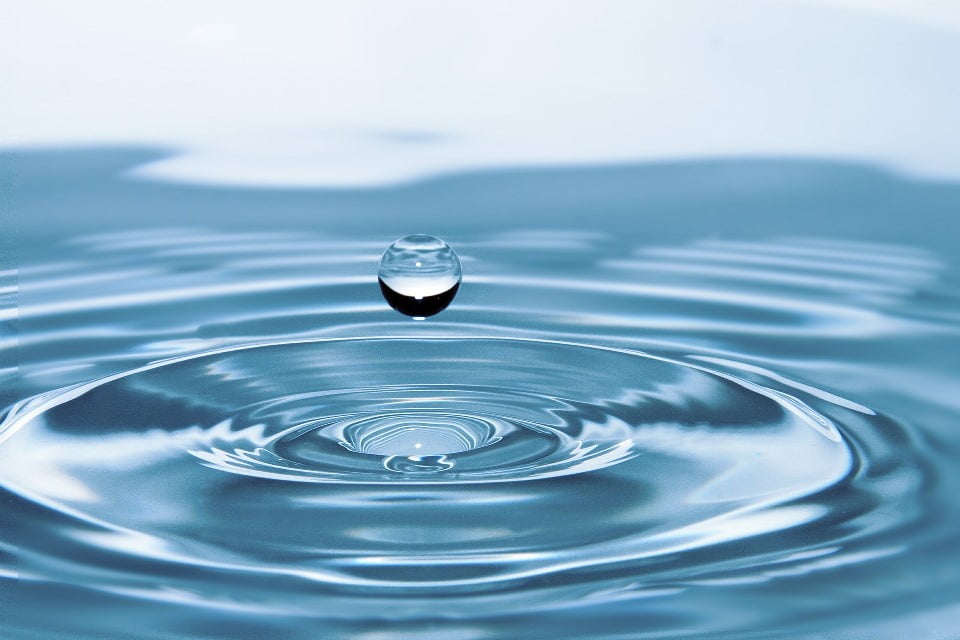
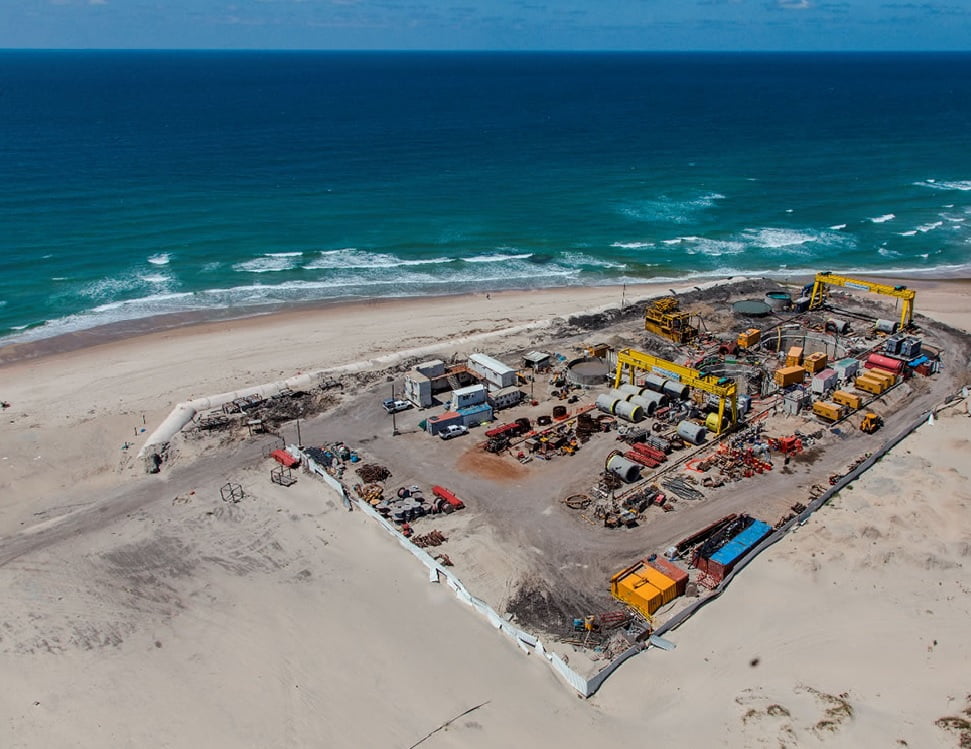
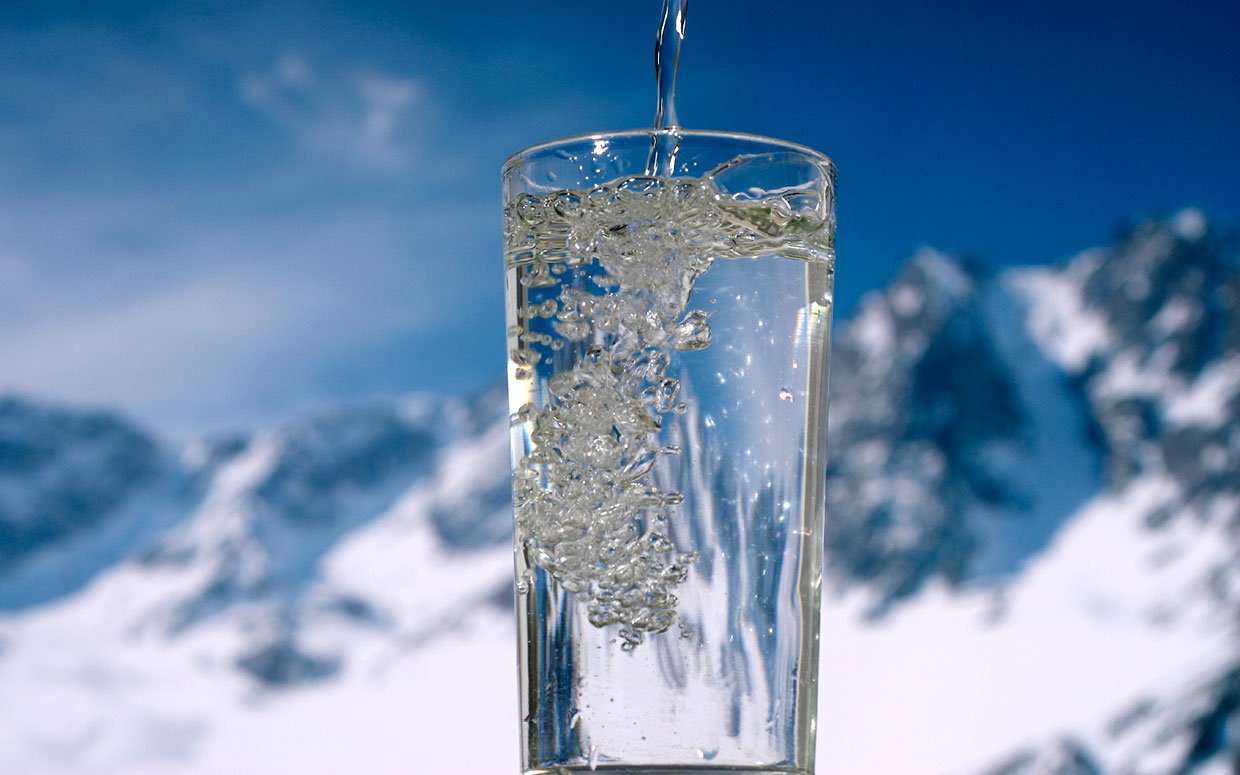
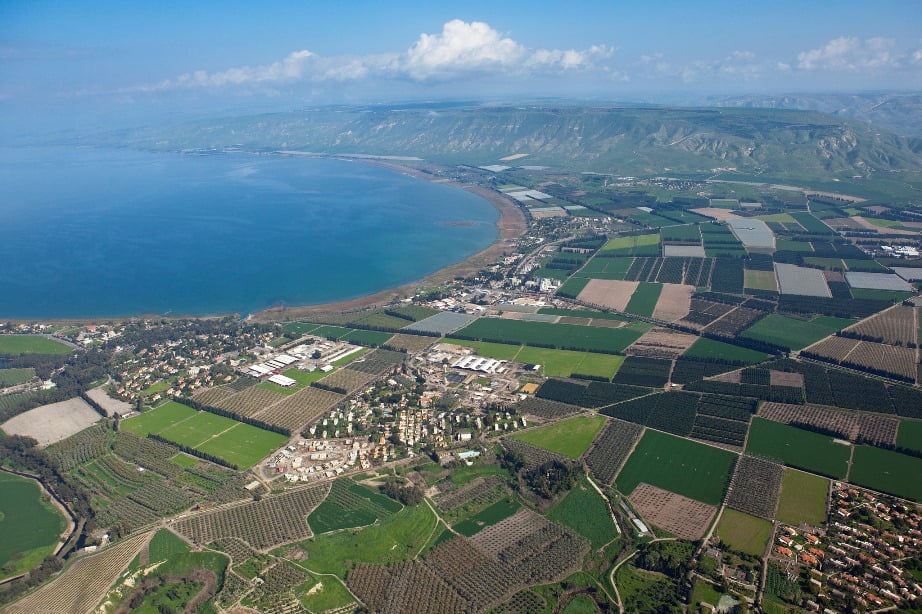
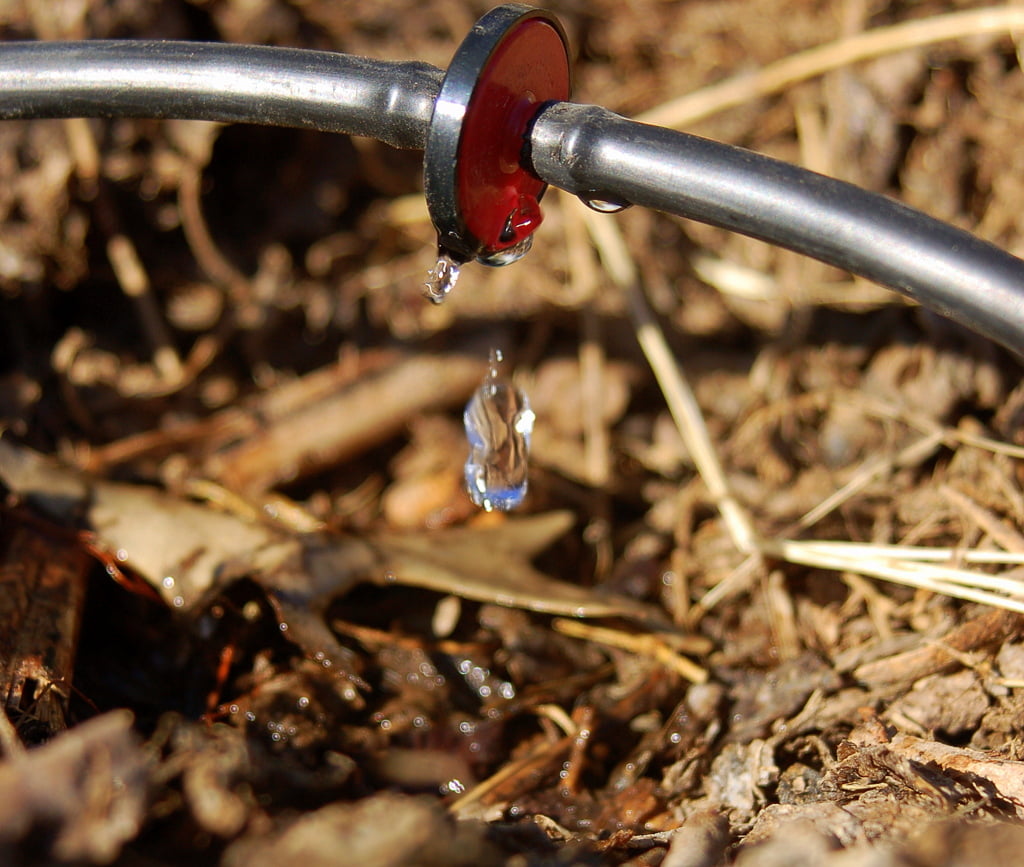

Facebook comments